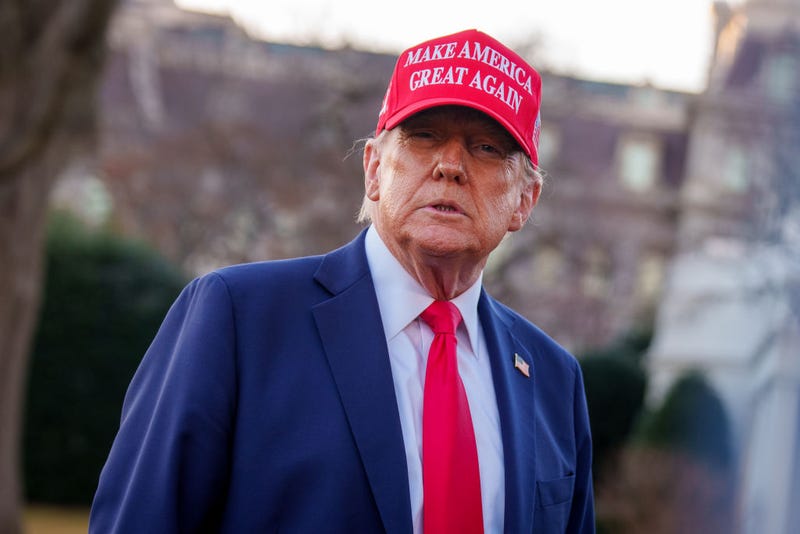
In a move that has reignited national debate over transgender rights and racial equity in schools, the Trump administration announced this week it will withhold more than $65 million in federal funding from three major public school districts — New York City, Chicago, and Fairfax County, Virginia — after they refused to revise policies on gender identity and diversity initiatives.
The decision, led by the U.S. Department of Education’s Office for Civil Rights, comes amid the administration’s escalating efforts to challenge what it labels as “illegal D.E.I.” (Diversity, Equity, and Inclusion) programs. The cuts will impact thousands of students over the next three years by eliminating grants from the Magnet Schools Assistance Program, a longstanding federal effort designed to promote school desegregation through funding for specialized, diverse public schools.
What Sparked the Funding Cut?
According to Education Department officials, the three districts are in violation of civil rights law:
New York City was cited for allowing transgender and nonbinary students to use bathrooms and participate in sports and physical education based on their gender identity.
Fairfax County received similar complaints over its transgender inclusion policies and was also previously targeted for its broader diversity initiatives.
Chicago Public Schools was told to eliminate its Black Student Success Plan, which federal officials claim unfairly prioritizes one racial group in the distribution of resources.
The districts were notified on September 16 and given one week to comply with the administration’s demands. By September 23, all three had refused to alter their policies, leading the Trump administration to officially cancel the funding.
A Clash of Civil Rights Interpretations
“We will not rubber-stamp civil rights compliance for districts that blatantly discriminate based on race and sex,” said Julie Hartman, a spokeswoman for the U.S. Department of Education. She further accused the school systems of pushing “ideological indoctrination masquerading as inclusive policy.”
The administration argues that recognizing transgender students’ identities and targeting support for Black students infringes on the rights of other groups — specifically, girls and non-Black students.
Political Ripples in New York
The announcement triggered particular backlash in New York City, where Mayor Eric Adams appeared to pivot in his stance on school gender policies just one day after the city received the Department of Education’s notice.
Adams, who had not previously voiced concern over the city’s guidelines, told reporters last week that he did not support current policies allowing students of different gender identities to share bathroom facilities.
“I don’t believe a safe environment is allowing boys and girls to use the same facility at the same time,” Adams said, calling for the Department of Education to revisit the policy.
His remarks drew criticism from LGBTQ+ advocacy groups and civil rights organizations, who viewed his comments as a capitulation to federal pressure and a threat to transgender students' safety.
What’s at Stake?
The Magnet Schools Assistance Program, from which the $65 million was withdrawn, was created to support racially integrated schools by providing federal grants to districts to develop magnet programs. Loss of this funding could limit specialized curricula, reduce staff, and cut resources for thousands of students across the three districts.
Civil rights advocates warn that the Trump administration’s action represents a significant federal rollback of protections for marginalized students under the guise of defending neutrality and fairness.
Wider Political Context
The move reflects a broader national campaign by the Trump administration to dismantle or defund progressive educational initiatives, especially around gender identity, racial equity, and diversity programs. It comes as the administration seeks to mobilize conservative voters ahead of the 2026 midterm elections, where school policy continues to be a flashpoint in local and national politics.
At the heart of the debate is a deep ideological divide: whether ensuring equity for marginalized students equates to discrimination against others, or whether attempts to enforce neutrality end up denying historically excluded students the support they need.
Sources:
U.S. Department of Education statements, September 2025
Reporting from The New York Times and Crux
Statements from Mayor Eric Adams’ press briefings, NYC, September 2025
